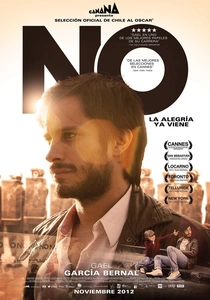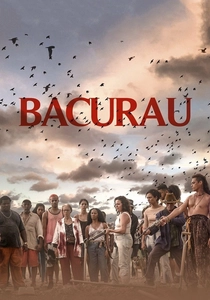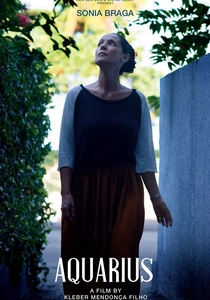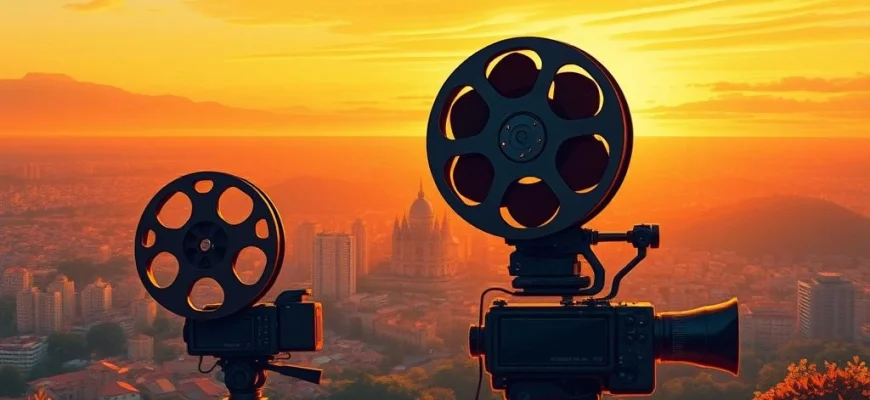If you were captivated by the revolutionary spirit and artistic depth of Cinema Novo (2016), this article is for you. We’ve curated a list of 10 films and shows that share its bold storytelling, political undertones, and cinematic innovation. Whether you're a fan of Brazilian cinema or global arthouse films, these picks will expand your viewing horizons.

Black God, White Devil (1964)
Description: This film shares a deep exploration of social and political themes, often through a lens of magical realism and stark visual contrasts, reflecting the struggles of marginalized communities.
Fact: The film is considered a cornerstone of Brazilian Cinema Novo, blending folklore with harsh social critique.
 Watch Now
Watch Now 
Central Station (1998)
Description: Focuses on the journey of two unlikely companions through Brazil, highlighting themes of redemption, human connection, and the socio-economic divides within the country.
Fact: The film was nominated for two Academy Awards, including Best Foreign Language Film.
 Watch Now
Watch Now 
City of God (2002)
Description: A raw and visceral portrayal of life in the favelas, this film uses a non-linear narrative and dynamic cinematography to explore cycles of violence and poverty.
Fact: Many of the actors were actual residents of favelas, adding authenticity to their performances.
 Watch Now
Watch Now 
The Motorcycle Diaries (2004)
Description: A biographical road movie that captures the transformative journey of a young man across South America, emphasizing themes of social injustice and personal awakening.
Fact: The film is based on the real-life travel diaries of Che Guevara before he became a revolutionary.
 Watch Now
Watch Now 
Elite Squad (2007)
Description: This gritty crime drama examines the moral complexities of law enforcement in Rio de Janeiro, presenting a stark critique of systemic corruption and violence.
Fact: The film's realistic portrayal of police brutality sparked significant controversy in Brazil.
 Watch Now
Watch Now 
No (2012)
Description: This political drama focuses on a pivotal moment in history, using a mix of archival footage and fictional narrative to explore themes of media manipulation and resistance.
Fact: The film was shot using vintage U-matic cameras to authentically replicate the look of 1980s television broadcasts.
 Watch Now
Watch Now 
Bacurau (2019)
Description: A modern take on resistance and survival, this film combines elements of western and horror to critique colonialism and exploitation, much like the thematic concerns of classic political cinema.
Fact: The movie was inspired by real events and local legends from the Brazilian sertão (backlands).
 Watch Now
Watch Now 
The Second Mother (2015)
Description: Explores class divisions and familial bonds through the story of a live-in housekeeper, using subtle yet powerful storytelling to highlight social inequalities.
Fact: The film won the Sundance Film Festival's World Cinema Dramatic Special Jury Award for Acting.
 Watch Now
Watch Now 
Aquarius (2016)
Description: It delves into personal and political resistance against oppressive forces, using a slow-burning narrative to highlight the protagonist's defiance and the socio-political context of urban Brazil.
Fact: The film was shot in sequence to maintain the emotional and narrative continuity of the protagonist's journey.
 Watch Now
Watch Now 
The Red Light Bandit (1968)
Description: A blend of crime drama and social commentary, this film uses innovative narrative techniques to critique urban violence and societal decay.
Fact: It was one of the first Brazilian films to employ a fragmented narrative structure.
 Watch Now
Watch Now 








